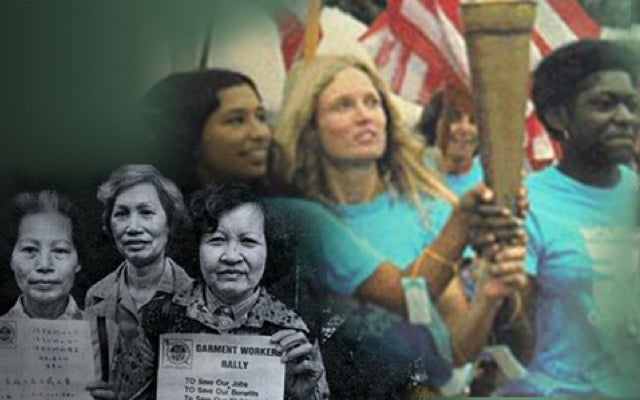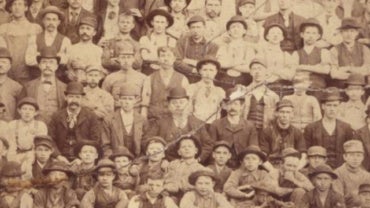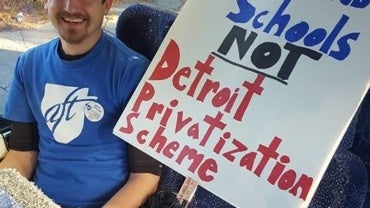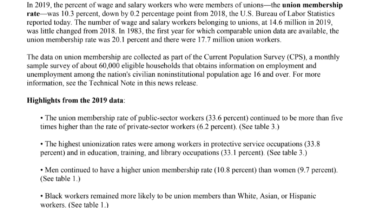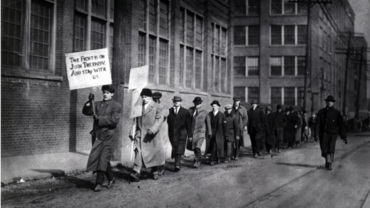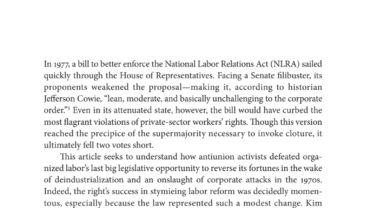Women and Social Movements in the United States, 1600-2000, is a resource for students and scholars of U.S. history and U.S. women’s history. Organized around the history of women in social movements in the U.S. between 1600 and 2000, the collection seeks to advance scholarly debates and understanding at the same time that it makes the insights of women’s history accessible to teachers and students at universities, colleges, and high schools. The collection includes 124 document projects or archives and 5,100 documents and 180,000 pages of additional full-text sources, written by more than 2,800 primary authors. It also includes book, film, and website reviews, notes from the archives, and teaching tools. It continues to grow with two new issues/releases annually. This editorial website is intended to provide interested students and scholars an overview of the subscription website, to offer freely-accessible examples of document projects, and to introduce prospective contributors to the process of preparing a document project or archive for publication on the website.
